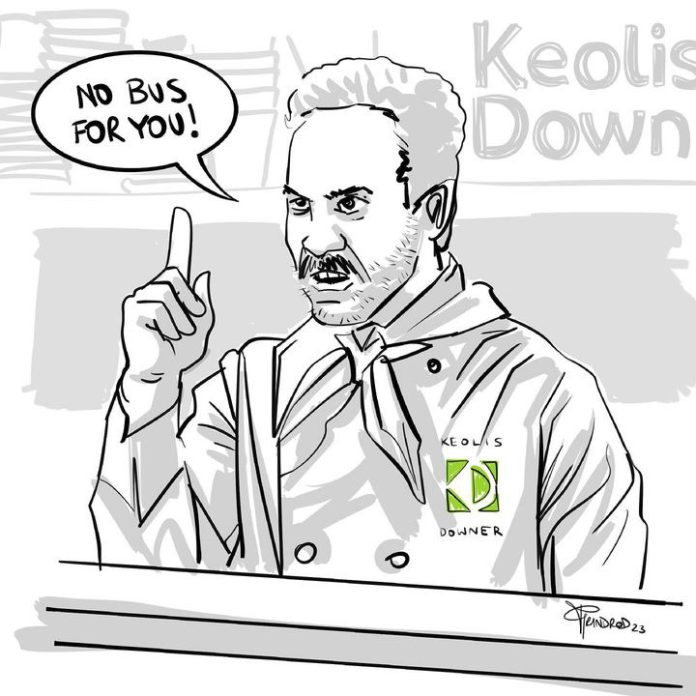HSC students and commuters should factor in extra travel time as a mass recall of Transport NSW’s 39 articulated or ‘bendy buses’ adds to local bus woes from this week.
As of Tuesday, 24 September, the 2005 – 2006 Volvo B-12 BLE model buses have all been removed from service following the discovery of cracks in the connecting plates. It is expected repairs will take several weeks as the government department requests a new component from a chassis manufacturer.
Until then, Northern Beaches commuters will bear the brunt of the recalls as a number of essential routes to Manly and the city are catered by these models.
Northern Beaches routes 199, 144, 165X, 170X, 154X, 173X, 180X and some school services will likely to affected.
While the operation of buses on the Northern Beaches are franchised to private company Keolis Downer, the fleet of buses itself is still owned by Transport NSW. This is a Transport decision.
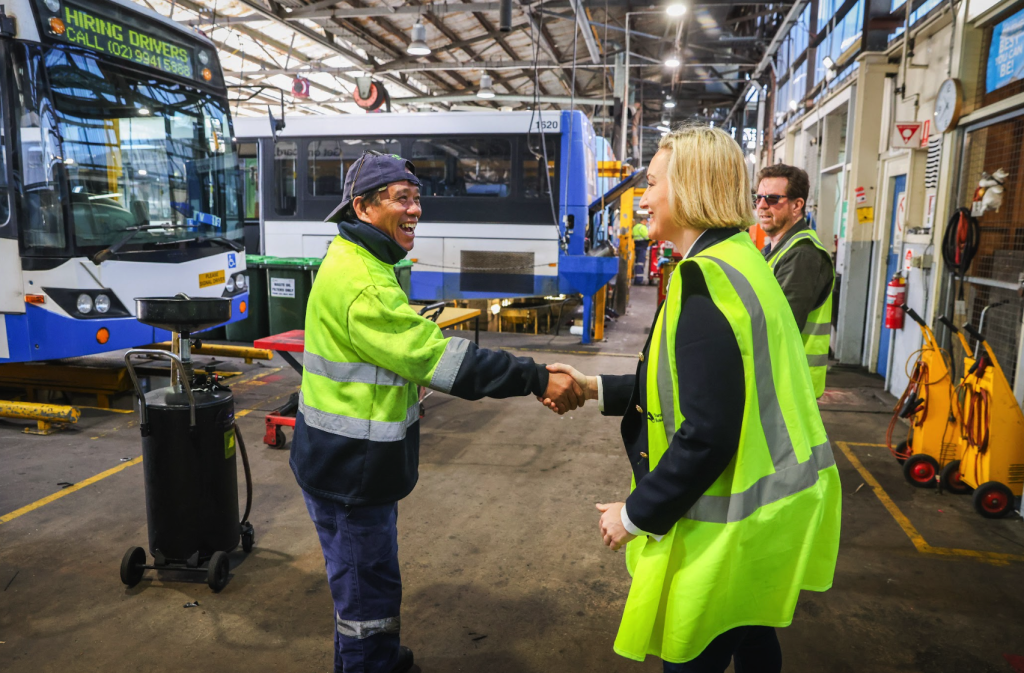
The sudden removal of so many buses will have major impacts for Keolis Downer Northern Beaches (KDNB) operations.
An email sent to NBSC Cromer Campus on Friday, said “the impact for KDNB is that from this evening we will have to remove all articulated buses from service at our Brookvale and Mona Vale depots. Work is underway to prepare for Term 4, including working to mitigate as much as possible impact for students.” The letter warns for HSC students to plan “for plenty of time to arrive before their exams”.
Wakehurst MP Michael Regan said in a statement yesterday that he wanted Transport Minister Jo Hayden to expedite the purchase of modern double-decker buses as a solution to both the current fleet problems and ongoing driver shortages.
“The last thing I want to hear from bureaucrats is that the policy is to not purchase any more diesel buses. In an emergency, policies need to be flexible.”
“We know electric articulated buses are years away, but double-deck buses, which are fuel-efficient and compliant with modern emissions standards, are available now,” Mr Regan stated.
“The last thing I want to hear from bureaucrats is that the policy is to not purchase any more diesel buses. In an emergency, policies need to be flexible. The solution is clear: bring in more modern, euro-standard emission compliant double-deck buses now ,and remove these dirty diesel bendy buses from our streets.”
In a recent press conference on Bus Industry Taskforce, Transport NSW Coordinator-General Howard Collins told Manly Observer that “in the next year or so, you’ll see 50 to 60 new electric buses entering from Brookvale.”
These new buses plan to phase out some of the older buses such as the currently recalled Volvo B-12 BLE models.
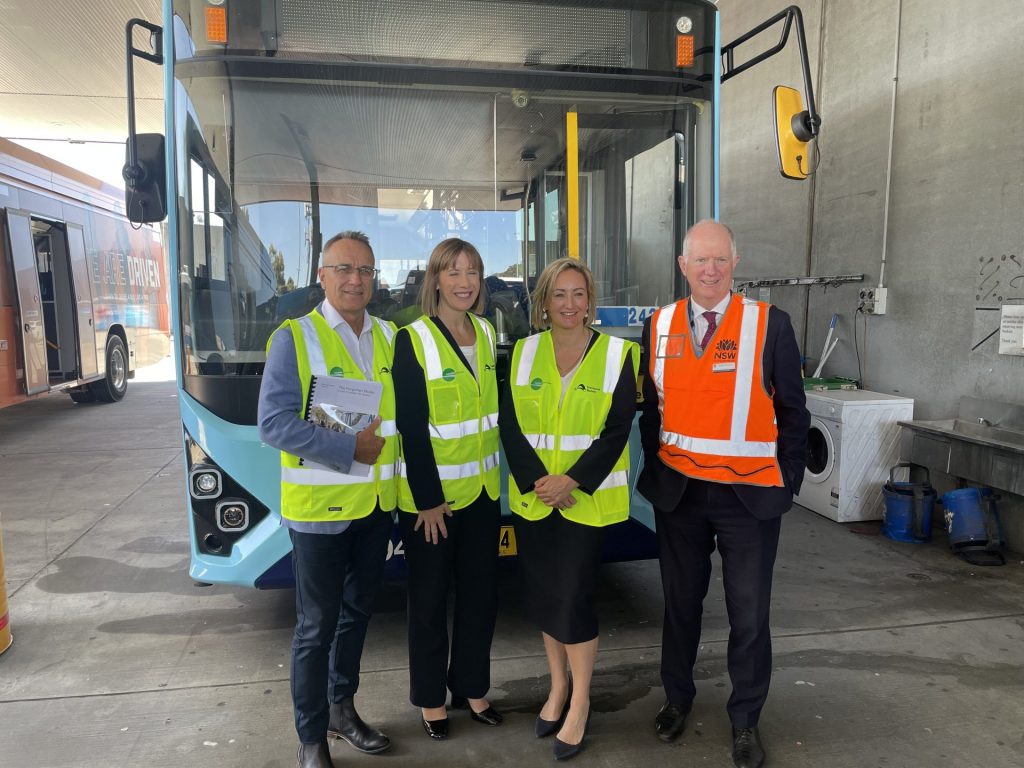
About that taskforce
The expected delays come a month after the NSW Government’s Bus Industry Taskforce‘s handed down its final report after a year long process.
The Task Force’s final report, titled The Forgotten Mode, outlined the neglect surrounding the state’s most frequently used mode of transport. The report provided ten key observations:
 Commuters have increasingly experienced an influx of bus cancellations and increased wait times over the last few years, even with the streamlined introduction of B-Lines from 2017. Some of the these problems coincided with selling of public transport operations to private operator Keolis Downer (KD) in 2021; KD says the issues stem from bus driver shortages, an issue they are arguably managing better than their counterparts.
Commuters have increasingly experienced an influx of bus cancellations and increased wait times over the last few years, even with the streamlined introduction of B-Lines from 2017. Some of the these problems coincided with selling of public transport operations to private operator Keolis Downer (KD) in 2021; KD says the issues stem from bus driver shortages, an issue they are arguably managing better than their counterparts.
Chair of the Bus Industry Taskforce John Lee, told Manly Observer Keolis Downer probably wasn’t expecting the government-run service to be of similar scale in Sydney as it was in Europe, but says it is now managing far more efficiently than previously.
“The four new operators that took over the four government regions, they’re probably nearly at the top of the table in terms of how they’ve dealt with the shortage of drivers, and how they’ve got their buses in line, and how they’ve got their Service Delivery operating,” Mr Lee explained.
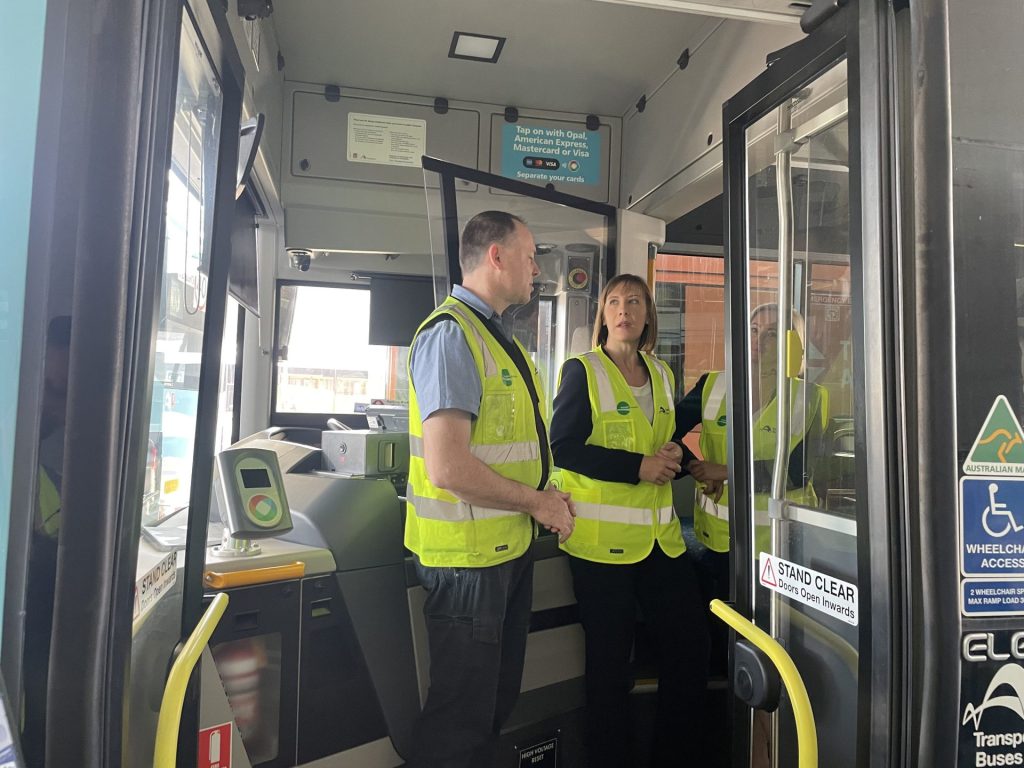
“I’ve had one or two concerns with other regions, and they’re not dropping the ball, but they haven’t been delivering the level of service they should but Keolis Downer is down and full marks to them because they’ve lifted their game probably at least, let’s say, they were operating about 60 per cent they’re now at 90 per cent.”
Mr Collins added that although the services provided by Keolis Downer have improved, he is still in constant contact with their teams and there is still more to be done.
“I always say you’re only as good as your last peak service,” Mr Collins said.
“I always say you’re only as good as your last peak service”
“I’d say, KD has been pretty good and has listened to what we’ve been saying from a customer feedback point of view, but it’s still not good enough. We’re demanding, obviously, that we get better reliability, less cancellations.”
For the moment it doesn’t seem like there will be any contractual changes with the private operator, however, Mr Collins stated the deals are “difficult” to implement and referenced Mr Lee’s report stating the department needs to approach future contracts in a ‘different way’.
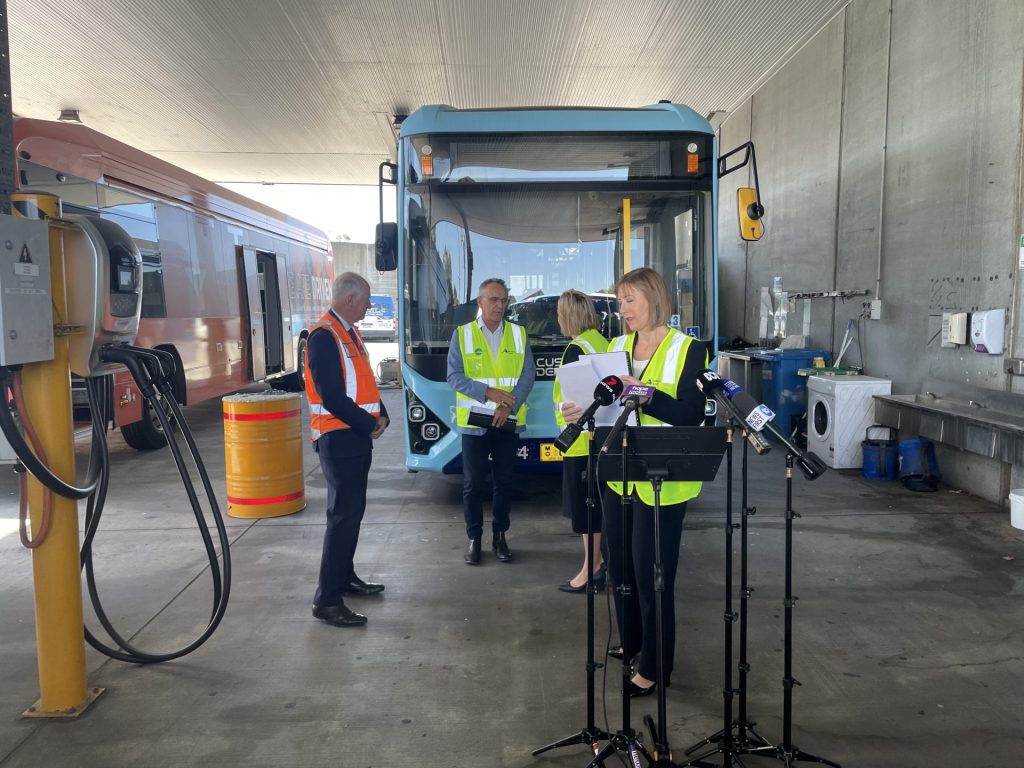
So how will the driver shortage be addressed?
One of the largest issues on the Northern Beaches, involving bus transportation, is the driver shortage causing daily cancellations and reduced timetables.
Manly Observer addressed this in March, we found bus drivers were reporting less incentive to work on the Northern Beaches (you can read the article here). Drivers were not happy about split shifts and rosters being provided at short notice, but the complex issue landed within the cost of living crisis.
Drivers can’t afford to live on the Northern Beaches with their wages and instead work at a bus depots closer to home.
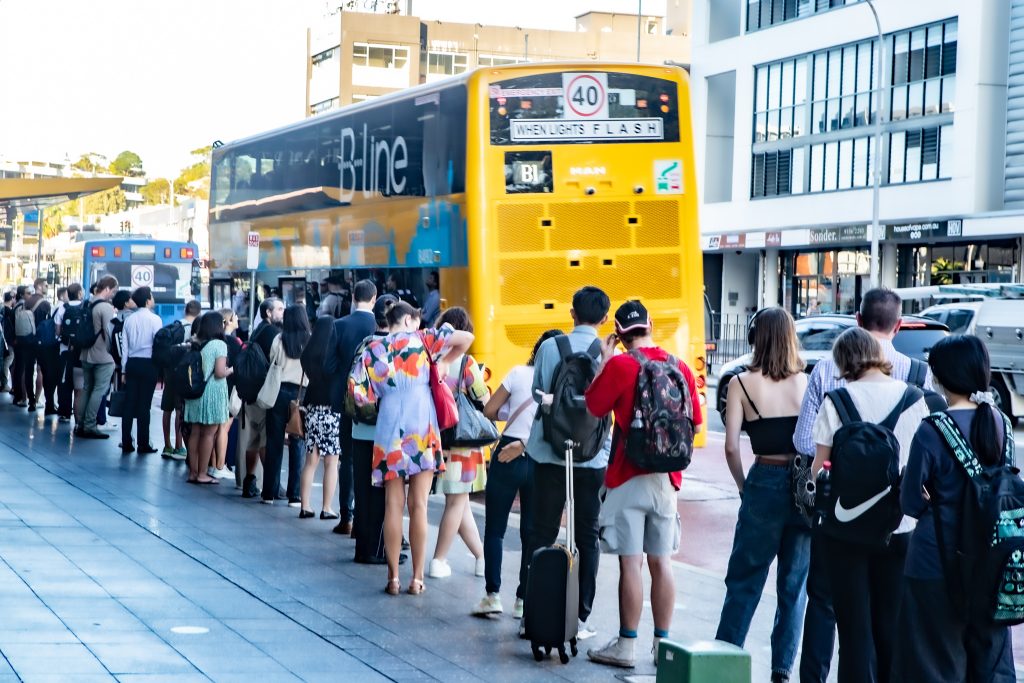
Transport claims they have cut the driver vacancy from 550 to 231 since April 2023 but say they are working on ways to recruit more.
“Let me assure you, as the person responsible for delivering the Task Force we are not complacent, but we still have to keep going every single day to ensure that when someone leaves the bus industry after a dedicated 40, sometimes 50 years, we’ve got new recruits,” Transport’s Mr Collins said.
The Taskforce is enticing their employment opportunities by waiving the $70 application fee for drivers to obtain their bus driver authority for a further 12 months, providing new staff opal cards and implementing updated navigation technology to make routes easier to learn.
The Task Force recommended the NSW Government work with industry and unions to implement a range of improvements to driver training, and the development of a workforce strategy.
Does the Task Force’s plan include school sport buses?
The short answer is, no.
The Forgotten Mode report includes a letter from Mr Lee to Transport Minister Jo Haylen stating the need to adapt regular school route services.
“This underpins many of the problems we have uncovered, from the failure to fund operational expenditure and to grow and adapt school and regular route services to meet the needs of the community,” Mr Lee wrote in the letter on the report.
However, there are no recommendations – or plans – to change issues surrounding interschool sports transport which became more expensive and less reliable after public services were franchised.
Running to a game may well form part of the warm up.



